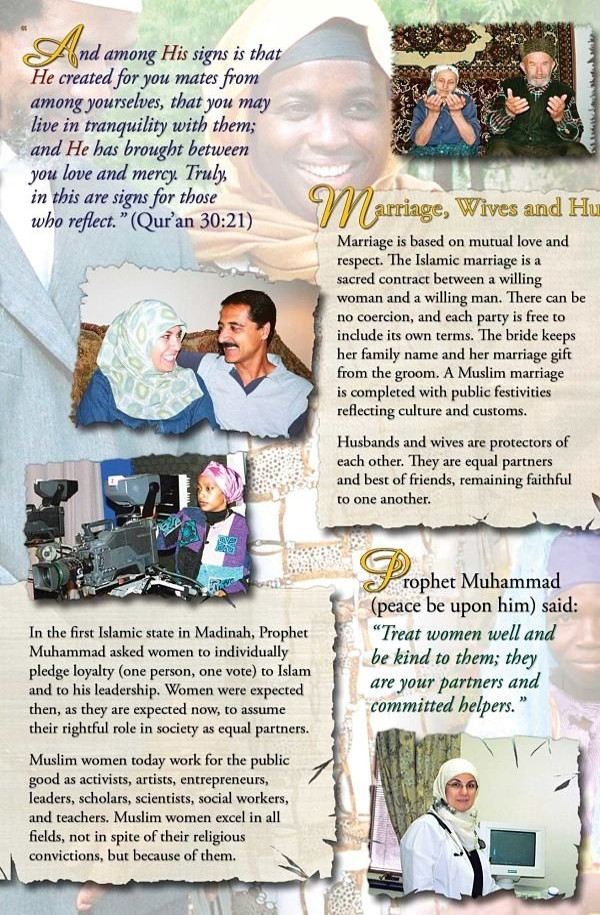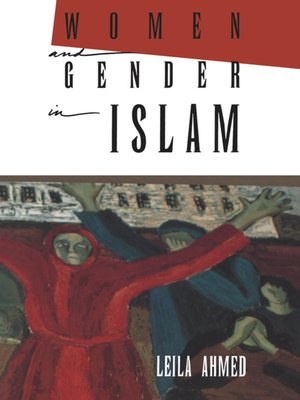
This book is a delicious amalgamation of women-centered historical details (ever been curious about what day-to-day life might have been like for women in Mesopotamia?) and meta-analysis of Western scholarship’s tendency to treat Islam and women as some type of special, culturally destined case of sexism.

That debate is of course whether Islam is inherently, uniquely sexist, an issue I would argue is just as, if not more, prominent two decades on. Clearly I’m out of practice! Anyway, this was written in 1992, when research on the lives of historical Arab women was scant, and as the subtitle explains, Ahmed set out to explore the historical roots of a modern debate. I’ve now managed to type over one hundred words without telling you anything about the book. Anyway, this time I knew I’d have to get to it before returning it, and I’m happy to say it’s actually the book that helped me break through my recent reading slump! Back in March, Marilyn blogged about it, which together with my library’s recent swap in ILL systems, inspired me to request it again (I’m unsure about whether I’m normally allowed to re-request titles). Sadly, it arrived during one of my flare-ups, and I wasn’t able to read it before having to return it.

In fact, I’d actually put in an ILL request (it wasn’t available at my own library) not long after reading A Border Passage. After adoring Ahmed’s more personal look at Egyptian feminism in her memoir A Border Passage, I knew I’d eventually get around to her more traditionally academic book, Women and Gender in Islam.


 0 kommentar(er)
0 kommentar(er)
